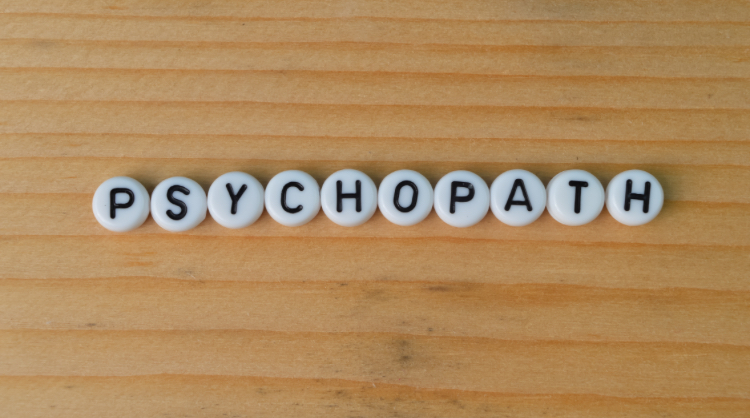SickKids hospital in Toronto in February, 2023.Frank Gunn/The Canadian Press
At least five cutting-edge clinical trials for childhood cancer have been closed to new Canadian patients because of the Trump administration’s cuts to scientific funding and its directive that grants no longer be shared with foreign researchers.
Toronto’s Hospital for Sick Children halted enrolment in three trials for incurable brain cancer last month after the U.S. National Cancer Institute decided not to renew funding for a consortium of pediatric brain-tumour scientists whose only Canadian site was at SickKids.
The three trials were testing novel treatments for children with rare and deadly brain tumours, including a cancer-fighting vaccine and CAR-T therapy, a type of immunotherapy in which patients’ own white blood cells are genetically engineered to attack their cancer.
“How frustrating would it be to be a parent who knew that there was a treatment somewhere that could save their child, and not be able to access it because it’s not available in Canada?” said Jim Whitlock, the division head of hematology and oncology at SickKids.
Part of the Pediatric Brain Tumor Consortium’s research may be moved to another early-phase trial network in the United States, but that network closed its studies to international researchers in July, leading two other clinical trials to stop enrolling Canadian patients. One of those trials was geared to cancer in infants.
The Trump administration’s sweeping cuts to the National Institutes of Health and its vow to end sub-grants to foreign researchers are hitting pediatric-cancer research in Canada particularly hard – even though the dollar amounts involved are relatively small.
Opinion: Trump might come after our drug prices. Universities need to help us play defence
That’s because the latest experimental treatments for childhood cancer, which is rare to begin with, are targeted at ever-narrower subtypes of tumours. Canadian scientists have to co-operate with U.S. and international researchers to enroll enough children to make a go of such precision medicines studies.
“It’s like looking for that needle in the haystack,” said Kathy Brodeur-Robb, the executive director of C17 Council, a research network made up of Canada’s pediatric oncology programs. “You need to be finding these kids from all over the place to try and test theories. Otherwise, you’re going to have studies open for 15 years, and that’s not going to help any child with cancer.”
Ms. Brodeur-Robb said the past few weeks have been “chaos” as the Canadian pediatric-cancer community deals with the fallout of U.S. funding cuts and policy shifts.
Dr. Whitlock added that the situation underscores how much Canada has come to depend on American government money and leadership in international medical research.
“Just as Canada has made a decision that we need to be more self-reliant and invest in submarines and fighter planes and Arctic radar, I think the question on the table is, is Canada going to be self-sufficient in ensuring that its children have access to the best available cancer treatments?”
South of the border, the Pediatric Brain Tumor Consortium learned through an Aug. 19 memo titled “Difficult news regarding PBTC funding” that its grant of about US$4-million annually would expire next March, after which it would “cease to exist.”
Shribman: Trump and Kennedy are the modern-day Odd Couple
The consortium decided a few days later to pause new enrolments for six clinical trials, including the three with participants at SickKids, said neuro-oncologist Vijay Ramaswamy, principal investigator for the consortium’s SickKids site.
“The suddenness, I think, is what hit all of us,” Dr. Ramaswamy said.
He said the SickKids site received less than $100,000 annually from the consortium, an amount determined by the number of patients the Toronto hospital enrolled in PBTC studies.
There are six Canadian children from across the country enrolled in the CAR-T trial for brain cancer. Another three are enrolled in the study of a vaccine for brain tumours. They’ll stay in the trials and continue to be monitored, Dr. Ramaswamy said.
But other Canadian children can no longer join the trials. Three other brain-cancer trials that SickKids was preparing to open this year have been paused.
A second PBTC memo that Dr. Ramaswamy shared with The Globe and Mail suggests that some of the consortium’s work could be moved under the umbrella of another group funded by the U.S. National Cancer Institute, which is part of the NIH.
But that group, the Pediatric Early Phase-Clinical Trial Network (PEP-CTN), closed its trials to international sites as of July 31, according to Thai Tran, a pediatric oncologist at CHU Sainte-Justine, a children’s hospital in Montreal.
Dr. Tran is the medical director in Canada for PEP-CTN and the Children’s Oncology Group, another research network funded through the NIH.
He’s been told by his U.S. counterparts that PEP-CTN studies are no longer open to Canadian or international participants. “So even if we can actually find a way to fund those trials,” Dr. Tran said, “we would not be able to participate at this moment.”
Over all, the U.S. National Cancer Institute, through its Children’s Oncology Group, gave a total of US$1.2-million in funding to Canadian research sites last year, Ms. Brodeur-Robb of C17 said.
The U.S. Department of Health and Human Services, which oversees the NIH, said it could not respond to a request for comment before deadline Thursday.











